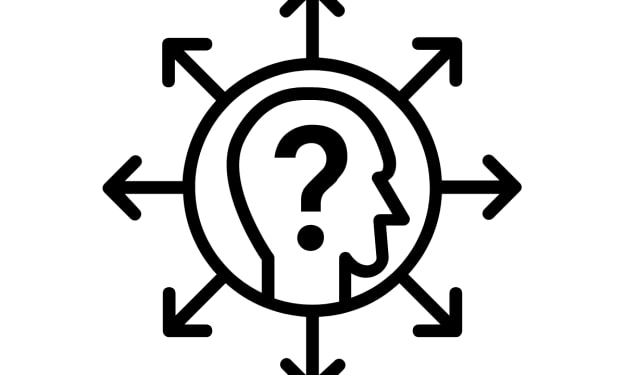
Start writing...Losing weight is about creating a sustainable calorie deficit through healthy eating habits, regular physical activity, adequate sleep, and mindful eating. By prioritizing these lifestyle factors and making consistent changes to your routine, you can lose those calories and achieve your weight loss goals.The key to a healthy weight loss is to maintain an energy deficit, which means burning more calories than you consume. This article will guide you through the weight loss process and provide you with the tools and tips you need to lose those calories.
Determine Your Caloric Needs
Before you can start losing weight, you need to establish your caloric needs. This process involves calculating your Basal Metabolic Rate (BMR), which is the number of calories your body needs to maintain its basic functions. Once you've calculated your BMR, you can then calculate your Total Daily Energy Expenditure (TDEE), which takes into account your level of physical activity. Once you've established your TDEE, you can then determine how many calories you should consume each day to maintain a calorie deficit for weight loss.
Create a Caloric Deficit
To lose weight, you need to create a calorie deficit by burning more calories than you consume. To do this, you can either reduce your calorie intake or increase your physical activity. A safe and sustainable calorie deficit is around 500-1000 calories per day, which can result in a weight loss of 1-2 pounds per week.
Reducing your calorie intake can be achieved through dietary changes. One way to do this is by practicing portion control and reducing your overall calorie intake. This can be done by measuring your portions using a food scale or measuring cups, or simply by eating smaller meals.
Another way to reduce your calorie intake is by making healthier food choices. This includes choosing lean protein sources, whole grains, fruits and vegetables, and reducing your intake of processed foods and sugary drinks.
Increasing your physical activity is another way to create a calorie deficit. This can be done by increasing your daily steps, taking up a new fitness activity such as running or cycling, or incorporating strength training exercises into your routine. Aim for at least 150 minutes of moderate-intensity aerobic activity and at least two days of strength training per week.
Prioritize Sleep
Getting enough sleep is essential for weight loss. Lack of sleep can disrupt your hormones, including leptin and ghrelin, which are responsible for regulating hunger and satiety. Poor sleep can also lead to increased stress levels, which can contribute to weight gain.
To prioritize sleep, aim for 7-9 hours of quality sleep per night. Develop a regular sleep schedule and create a bedtime routine that helps you wind down and relax. Avoid electronic devices before bed and create a sleep-conducive environment (e.g. a cool, dark, and quiet room).
Practice Mindful Eating
Mindful eating is an approach that involves paying attention to the present moment and being aware of your eating habits. It can help you make healthier food choices, and reduce overeating.
To practice mindful eating, start by slowing down and savoring each bite. Pay attention to the flavors, smells, and textures of your food. Eating without distractions, such as watching TV or using your phone, can also help you become more mindful of your eating habits.
It can also be helpful to listen to your body's hunger and fullness cues. Eat when you are hungry and stop eating when you feel full. This can help you avoid overeating and make healthier food choices.
Stay Hydrated
Staying hydrated is essential for overall health and weight loss. Drinking water can help you feel full, reduce cravings, and improve your digestion.
To stay hydrated, aim for at least 64 ounces of water per day. You can also incorporate other hydrating beverages, such as unsweetened tea or sparkling water, into your diet.
Be Consistent
Consistency is key to weight loss success. It is important to establish healthy habits that you can maintain over the long-term.
Make sustainable changes to your diet and exercise routine, rather than following quick-fix diets or extreme exercise programs. Establish a routine that works for you, and don't be too hard on yourself if you slip up. Remember that weight loss is a journey, and it takes time and effort to achieve your goals.





Comments
There are no comments for this story
Be the first to respond and start the conversation.